Large Scientific Infrastructures enriching online and digital Learning: LaSciL
- 1Austrian Space Forum (Österreichisches Weltraum Forum-OeWF), Austria
- 2The Dill Faulkes Education Trust Limited, Great Britain
- 3NUCLIO - Núcleo Interactivo de Astronomia e Inovação em Educação, Portugal
- 4Ellinogermaniki Agogi Scholi Panagea Savva AE, Greece
- 5Institute of Astrophysics, FORTH, Greece
- 6Dept. of Physics, Univ. of Crete, Greece
The pandemic crisis has reshaped the landscape of formal education worldwide and caused critical challenges for teachers. The most encountered issues can be listed as follows; keeping students motivated to actively engage them in a virtual classroom, ensuring the learning outcomes of the lessons, and adapting their educational practice in a more inclusive and personalised approach to address different types of learners.
In order to address the aforementioned challenges faced by teachers in the school environment, the Erasmus+ project LaSciL brings together schools in Europe, educational research institutions, outreach groups, and Large Scientific infrastructures in Physics. These include robotic telescopes and an astronomical observatory with a group of operators of large scientific infrastructures, education, and outreach specialists, together with school education experts. The aim is to enhance teachers’ digital competence by supporting high-quality science teaching in the classroom from a distance as well as supporting a long-term organisational restructuring of schools.
LaSciL empowers and supports teachers to become more literate in using high-quality digital educational tools. In this framework, teachers shall be enabled to a) create their own opensource educational resources for their students’ distance learning; b) manage large numbers of students in an online environment by keeping them motivated to participate, c) maintain and enhance their science motivation and d) personalise their teaching practices tailored to the needs of their students. To achieve that, LaSciL demonstrates innovative ways to involve teachers and students in eScience by sharing and exploiting the collective power of highquality digital resources (research facilities, scientific instruments, advanced ICT (Information and Communication Technology) tools, simulation and visualisation applications, and scientific databases). The LaSciL project provides teachers with cutting-edge, curriculum-tailored educational scenarios that can be used, reused, and adapted to their needs, as well as act as a source of inspiration for the design of their own open educational content through active educational methodologies such as Inquiry based learning and Project based learning.
Through careful monitoring and assessment of the teacher training and implementation with students, LaSciL develops a series of best practices and devises a roadmap both for supporting science teachers and proposing a new organisational framework to enable close collaborations between schools and research infrastructures. This connection demonstrates effective ways of involving a broader set of actors in the use of research infrastructures by
developing a framework of actions that will attract young people to science and pool talent to scientific careers.
LaSciL presents both a short-term and a long-term vision. In the short term, we a) support the development of key teacher ICT competencies and digital readiness; b) produce a series of high-quality digital tools and educational resources ready to be implemented in the classroom and c) facilitate instruction in the pandemic era, maintaining and enhancing students’ science motivation and fascination without compromising the curriculum. In the long term, LaSciL envisions a new organisational framework for the collaboration between schools and research infrastructures.
LaSciL promotes a culture of cooperation between research infrastructures, by spreading good practices among outreach groups of large-scale research infrastructures, encouraging them to develop their activities in complementary ways and to optimise their use by demonstrating how e-infrastructures, such as robotic telescopes, could support the vision of the science classroom of tomorrow.
How to cite: Özdemir, S., Lewis, F., Roberts, S., Doran, R., Rojas, G., Folhas, A., Panagopoulou, M., Chaniotakis, E., Evangelopoulos, P., Charmandaris, V., Groemer, G., and Albrecht, K.: Large Scientific Infrastructures enriching online and digital Learning: LaSciL, Europlanet Science Congress 2022, Granada, Spain, 18–23 Sep 2022, EPSC2022-1270, https://doi.org/10.5194/epsc2022-1270, 2022.

